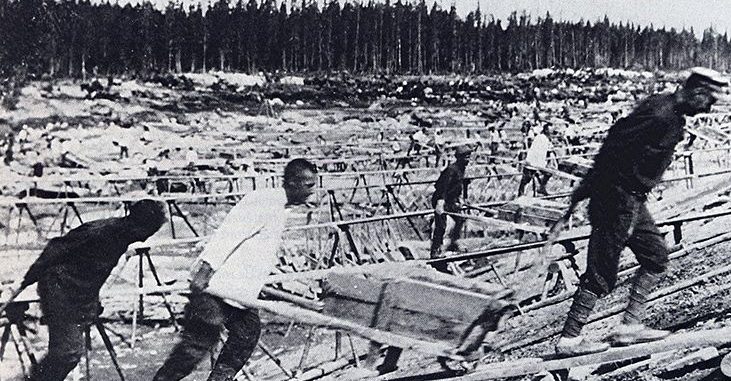To determine the relationship between past repression and present voting participation, the study draws on archival evidence about individuals who were arrested for political dissent in the Stalin-era. Under Stalin, political expression was largely suppressed due to the amount of activity characterized as “counter-revolutionary.” People could be reported by family and friends to the state for counter-revolutionary activity and were sentenced to the Gulag. Data from the communities, where people sent to the Gulag were born or arrested, was compared against data about voter turnout at polling sites near these communities for parliamentary and presidential elections between 2003 and 2012.
Given the inevitably of election results in Russia today and that historically repressed areas are less supportive of Putin, the study tests whether low voter turnout can instead be explained as an expression of opposition to Putin. However, the study’s findings hold when replicated with data from Ukraine. There was less voter turnout in recent elections, regardless of a candidate’s pro-Western or pro-Russian stance, in areas of Ukraine that experienced higher levels of political repression under Stalin.
Importantly, in areas where more victims of repression were granted amnesty, voter turnout was higher. As policymakers and practitioners encounter the deleterious effects and ongoing trauma from such past events, emphasis should be placed on reconciliation and restorative justice to help undo past violent norms and foster a constructive way forward.
Zhukov, Y.M. & Talibova, R. (2018). Stalin’s terror and the long-term political effects of mass repression. Journal of Peace Research, 55(2), 267-283.
Photo: Prisoner labor at construction of Belomorkanal
